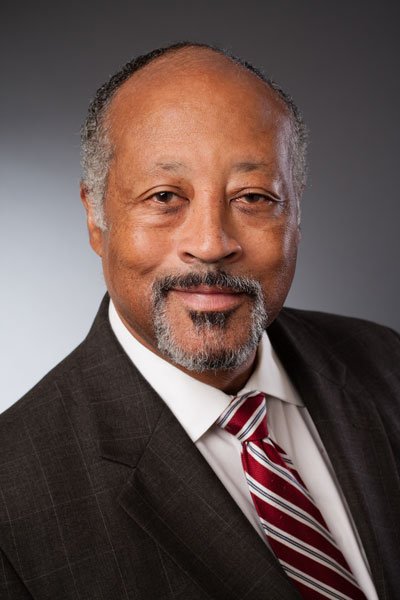Beyond the Rhetoric: Why do Large Black Organizations Love Construction Unions?
Harry C. Alford | 8/14/2018, 12:18 p.m.
Yes, why would groups like the NAACP and National Urban League have this long- standing love affair with construction unions. These unions have racial animist. They are the antipathy of civil rights and democracy. Yet, when you attend annual meetings of these organizations you find a big presence of various construction trades sponsoring their events. It is like mixing oil with water. It just doesn’t make sense.
Let’s look at our history and maybe we can get an understanding of this enigma. Two of our early leaders were the honorable Frederick Douglas and Booker T. Washington. Douglas, an abolitionist became a Co-Founder of the Republican Party. Washington became the Founder of the National Negro Business League. They were kindred spirits which is why it was no surprise to me that the widow of Douglas went to work for Washington and is buried within the same plot as he in Tuskegee, Alabama. They were capitalists and believed that entrepreneurship was the key to Black freedom.
Northern liberals feared them immensely. Washington founded his organization in 1902. President Teddy Roosevelt, Henry Ford, Carnegie and other business leaders admired his organization. In fact, the Negro Business League became a model for the U.S. Chamber of Commerce which was founded ten years later with the help of President Howard Taft.
The liberals decided to start two rival groups. The white Niagara Movement from upstate New York started the National Association for the Advancement of Colored People – NAACP. They recruited W.E.B. DuBois to represent their new organization and oppose Washington at every opportunity. Their mantra was that it is the government’s responsibility to take care of colored people not via self-determination.
Shortly after that it was a liberal group in New York City that came up with the idea of the National Urban League. It would persuade oppressed Blacks in the South to come up north and blend into city life. Washington encouraged them to “Drop your bucket from where you stand” and empower yourself right there in the heart of the South.
Such is the difference today. The NAACP and National Urban League loves them some big, racist construction unions while Black contractors suffer from the ills of such an atmosphere. My claim is documented. It is accurately explained by the Foundation for Economic Education:
“Prior to the enactment of the Davis-Bacon Act, the construction industry afforded tremendous opportunities to blacks, especially in the South. In at least six southern cities, more than 80 percent of unskilled construction workers were black. Blacks also represented a disproportionate number of unskilled construction workers in the North and constituted a sizable portion of the skilled labor force in both parts of the country.
This was so even though most of the major construction unions excluded blacks, and that blacks faced widespread discrimination in occupational licensing and vocational training. These unions felt seriously threatened by competition from blacks and favored any attempt to restrict it.
The co-author of the Act, Representative Robert Bacon, represented Long Island. Bacon was a racist who was concerned lest immigration upset the nation’s “racial status quo.” In 1927, he introduced H.R. 17069, “A Bill to Require Contractors and Subcontractors Engaged on Public Works of the United States to Comply with State Laws Relating to Hours of Labor and Wages of Employees on State Public Works.” This action was a response to the building of a Veterans’ Bureau Hospital in Bacon’s district by an Alabama contractor which employed only black laborers.
Representative William Upshaw, understanding the racial implications of Bacon’s proposal, stated: “You will not think that a southern man is more than human if he smiles over the fact of your reaction to that real problem you are confronted with in any community with a superabundance or large aggregation of negro labor.” Over the next four years, Bacon submitted 13 more bills to regulate labor on federal public works contracts. Finally, the bill submitted by Bacon and Senator James Davis was passed in 1931, at the height of the depression, with the support of the American Federation of Labor. The Act required that contractors working on federally funded projects over $5,000 pay their employees the “prevailing wage.” The law was amended in 1935, reducing the minimum to $2,000 and delegating the power of determining the “prevailing wage” to the Department of Labor. The Department’s regulations governing the determination of wages, remained basically unchanged for five decades and equated the prevailing wage with the union wage in any area that was at least 30 percent unionized. In practice, the “prevailing wage” was almost universally determined to be the same as the union wage.”
It has not changed a bit. One day I will convince these two Black organizations plus the Congressional Black Caucus and others that construction unions are the “Devil” when it comes to equal opportunity for Black folks.
Mr. Alford is the Co-Founder, President/CEO of the National Black Chamber of Commerce®. Website: www.nationalbcc.org. Email: halford@nationalbcc.org




